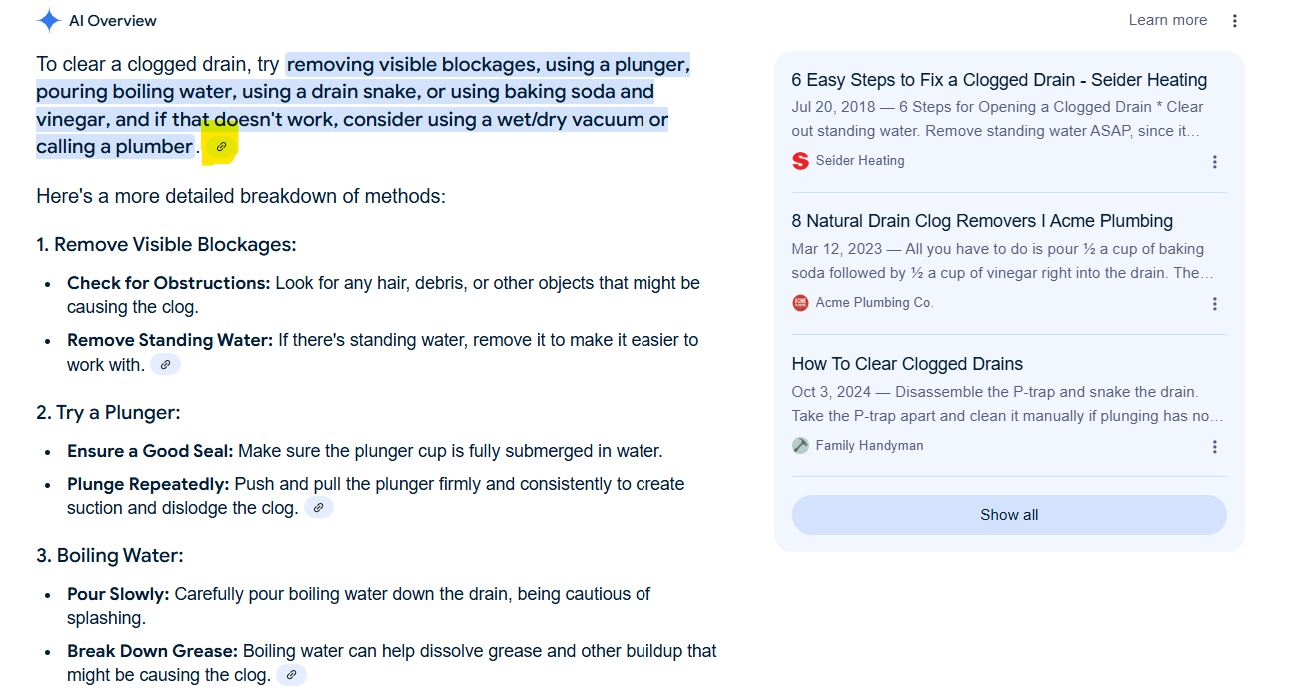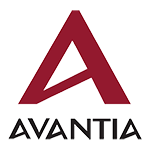Convenient or Criminal?
If you search with Google, then you have seen the rollout of the AI Overview in the search results. It is the part at the very top, before any search results listing, where Google attempts, with mixed results, to answer your search query right there. No need to click off to the sources of the information. No reason to leave Google at all, really. You are presented with a tidy, succinct answer to your question right there inline. Fabulous, right?
Not so fast.
Chegg, who offers online educational resources and textbooks, is crying foul and has filed a lawsuit against Google (parent company Alphabet, Inc.) in the U.S. District Court for the District of Columbia. They have asserted that Google is violating sections one and two of the Sherman Antitrust Act of 1890; Restraint of Trade and Monopolization.
The Complaint
The actual complaint is fairly simple to understand to the average person. Chegg CEO, Nathan Schultz, stated that they "filed a complaint against Google, which has unjustly retained traffic that has historically come to Chegg, impacting our acquisitions, revenue and employees."
The statement goes on to articulate the primary thrust of the complaint.
"As we allege in our complaint, Google AIO has transformed Google from a “search engine” into an “answer engine,” displaying AI-generated content sourced from third-party sites like Chegg. Google’s expansion of AIO forces traffic to remain on Google, eliminating the need to go to third-party content source sites. The impact on Chegg’s business is clear. Our non-subscriber traffic plummeted to negative 49% in January 2025, down significantly from the modest 8% decline we reported in Q2 2024.
We believe this isn’t just about Chegg—it’s about students losing access to quality, step-by-step learning in favor of low-quality, unverified AI summaries. It’s about the digital publishing industry. It’s about the future of internet search.
In summary, our complaint challenges Google’s unfair competition, which is unjust, harmful, and unsustainable. While these proceedings are just starting, we believe bringing this lawsuit is both necessary and well-founded."
Google responded, in part, by claiming "Every day, Google sends billions of clicks to sites across the web, and AI Overviews send traffic to a greater diversity of sites."
However, if you have ever tried to click through content in the AIO, you likely have noticed how very convoluted it is.
For instance, when I search for "how to clear a clogged drain," which I selected because the AIO tends to dominate "How to" searches, I get a litany of advice. Clicking on the individual link icons do not take you to the source of that particular content, but instead displays a changing list of search results to the right of the AIO summary. It is extremely difficult, if not impossible, to know what link is associated with which source.

Further, once you have clicked to expand the the AIO results, you cannot collapse them. This is particularly annoying when you want to just skip the AIO altogether and move into the standard search results.

So, Google claiming that their AI Overviews send traffic to a greater diversity of sites is dubious at best, unfounded/untrue at worst. Whereas Chegg claims to have quantified the losses outlined in their case, Google has, so far, failed to counter that narrative effectively.
What's Next?
At this point, it is unclear how this case will play out or what the lasting affect will be, if any. Google did begin the roll-out of a core update this month. However, it is not immediately clear if this has any relationship to the case being filed or what the core update contains. Likely it does not. We will keep an eye on this case to see how it plays out and report back as information emerges.
We Want to Hear From You!
How have Google AIO search results affected your website traffic? Is you content being included in the results? Are you writing content specifically tailored to rank in the AIO results? Tell us your story!


